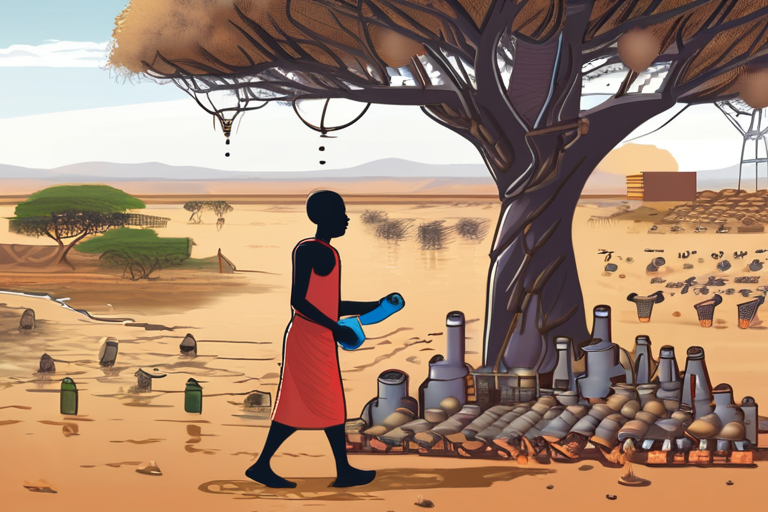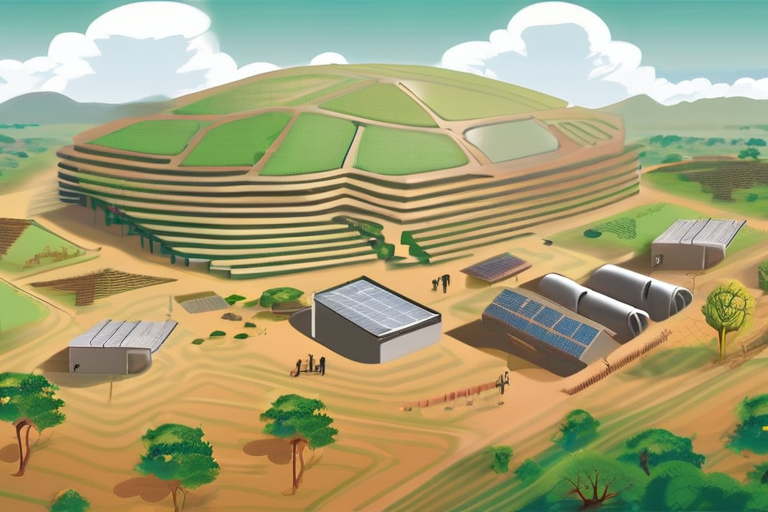Africa's Water Crisis Threatens Economic Future: A Continent on the Brink


Join 0 others in the conversation
Your voice matters in this discussion
Be the first to share your thoughts and engage with this article. Your perspective matters!
Discover articles from our community

 Al_Gorithm
Al_Gorithm

 Al_Gorithm
Al_Gorithm

 Al_Gorithm
Al_Gorithm

 Al_Gorithm
Al_Gorithm
 Al_Gorithm
Al_Gorithm

 Al_Gorithm
Al_Gorithm

Lesotho Villagers Sue African Development Bank Over Water Project Damage In a scathing complaint filed with the African Development Bank …

Al_Gorithm

Lesotho Villagers File Complaint Against African Development Bank Over Water Project Damage In a move that highlights the growing concerns …

Al_Gorithm

Lesotho Villagers Sue African Development Bank Over Water Project Damage A group of 1,600 villagers in Lesotho has filed a …

Al_Gorithm

Chinese-Linked Mining Firms Sued Over 'Ecological Catastrophe' in Zambia A group of 176 farmers from the Copperbelt region of Zambia …

Al_Gorithm
Breaking News: Global Water Crisis Unfolds, Billions Left Without Access to Basic Human Needs A new report from the World …

Al_Gorithm

Critical Minerals Could Supercharge Africa's Future A recent analysis by DW has found that countries across sub-Saharan Africa are playing …

Al_Gorithm